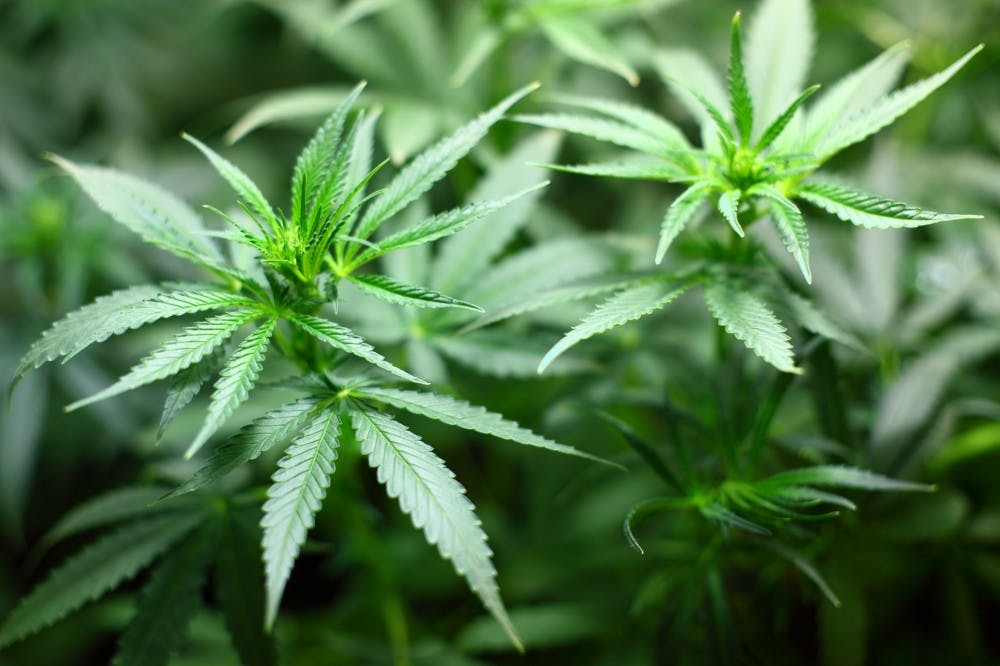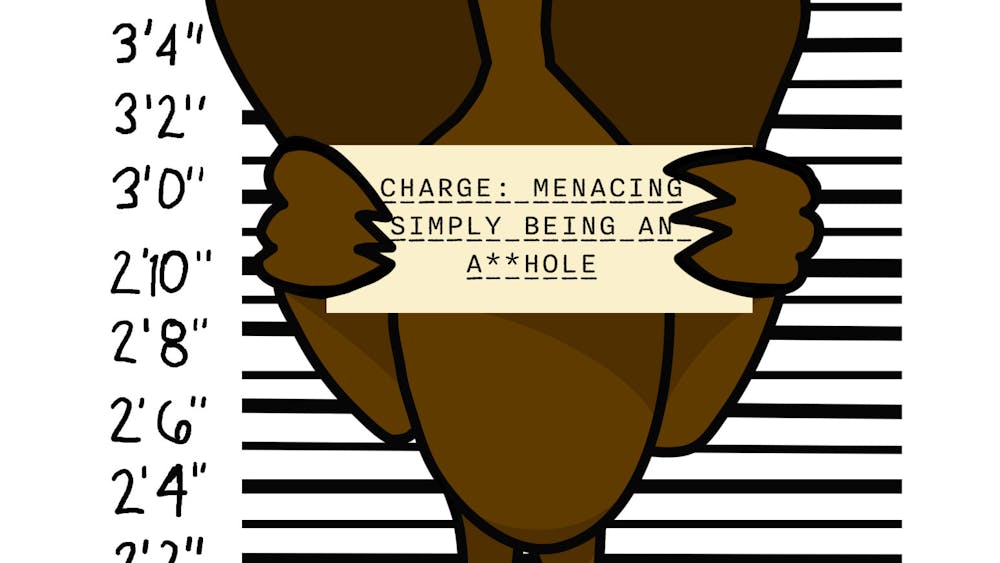Proposal One passes, recreational marijuana legal in Michigan
On Nov. 6, Michigan voters voted yes on Proposal 18-1, making recreational marijuana legal in Michigan.
Proposal One will allow adults 21 and older to possess and use marijuana products and grow 12 plants for personal use. The proposal will also implement a licensing system for marijuana businesses that determines how many plants can be grown.
In addition, the proposal will impose a 10-ounce limit for marijuana kept at residences and require amounts over 2.5 ounces be secured in locked containers.
Cannabis still remains federally illegal under the Controlled Substances Act, classified as a schedule I drug alongside LSD, ecstasy and heroin.
However, Michigan legalized marijuana for medical use in 2008 and is now the 10th state plus Washington D.C. to legalize recreational marijuana.
According to a CNN article citing BDS Analytics, the emerging cannabis industry "took in nearly $9 billion in sales in 2017," and is estimated to rise to $21 billion in 2021. With this, the industry has been creating jobs and opportunities.
The Coalition to Regulate Marijuana Like Alcohol is a political action committee that collected signatures to get Proposal One onto the ballot, leading the push for legalization.
"This was a campaign for facts versus fear," said Josh Hovey, spokesman for the Coalition, in an MLive article. "Voters looked at the facts ... and were able to make a smart policy decision."
There will be a 10 percent sales tax on marijuana sales and the money collected will go to schools, roads, implementation costs, clinical trials and municipalities that have marijuana businesses.
According to their website, the coalition states that legalizing marijuana allows the substance to be regulated, weakens illegal drug trafficking and might generate $1.6 billion in annual marijuana sales by 2023.
Healthy and Productive Michigan is the group who led the push against legalization. They say this proposal would be detrimental to public health and any revenue gained from this proposal would be outweighed by injuries related to drug use and administrative costs.








